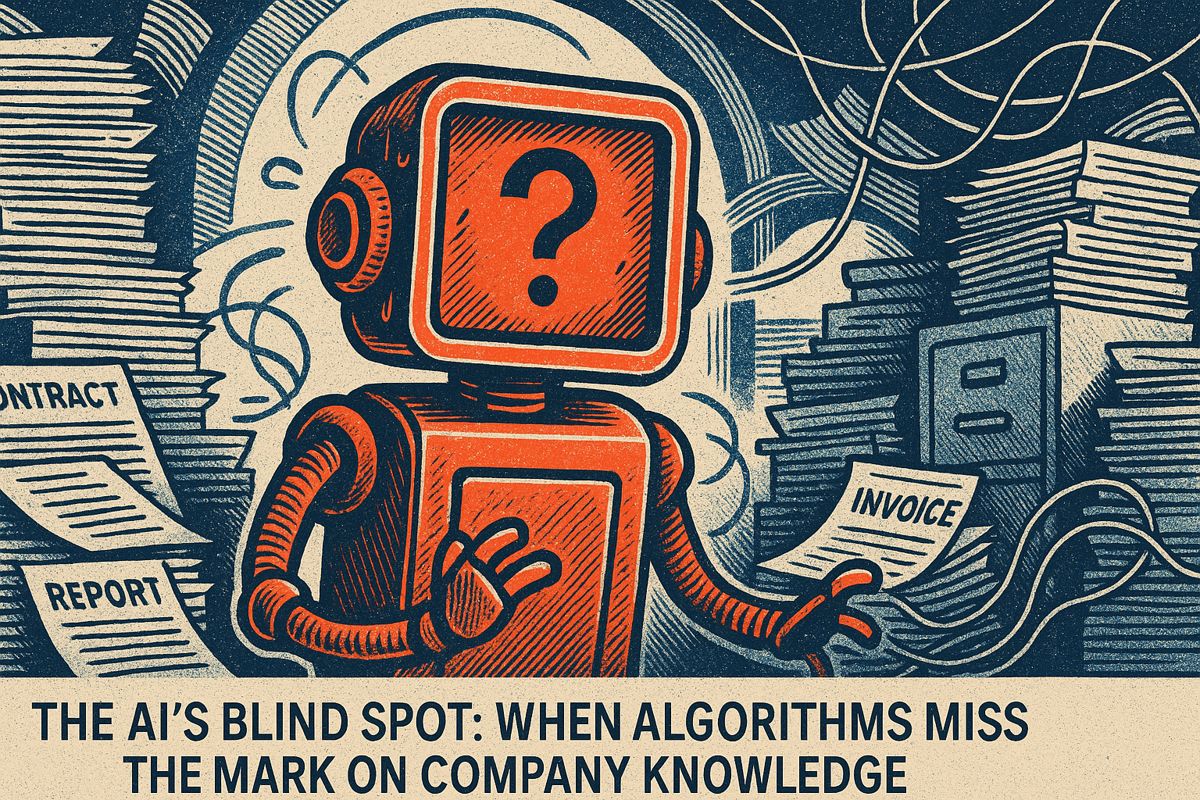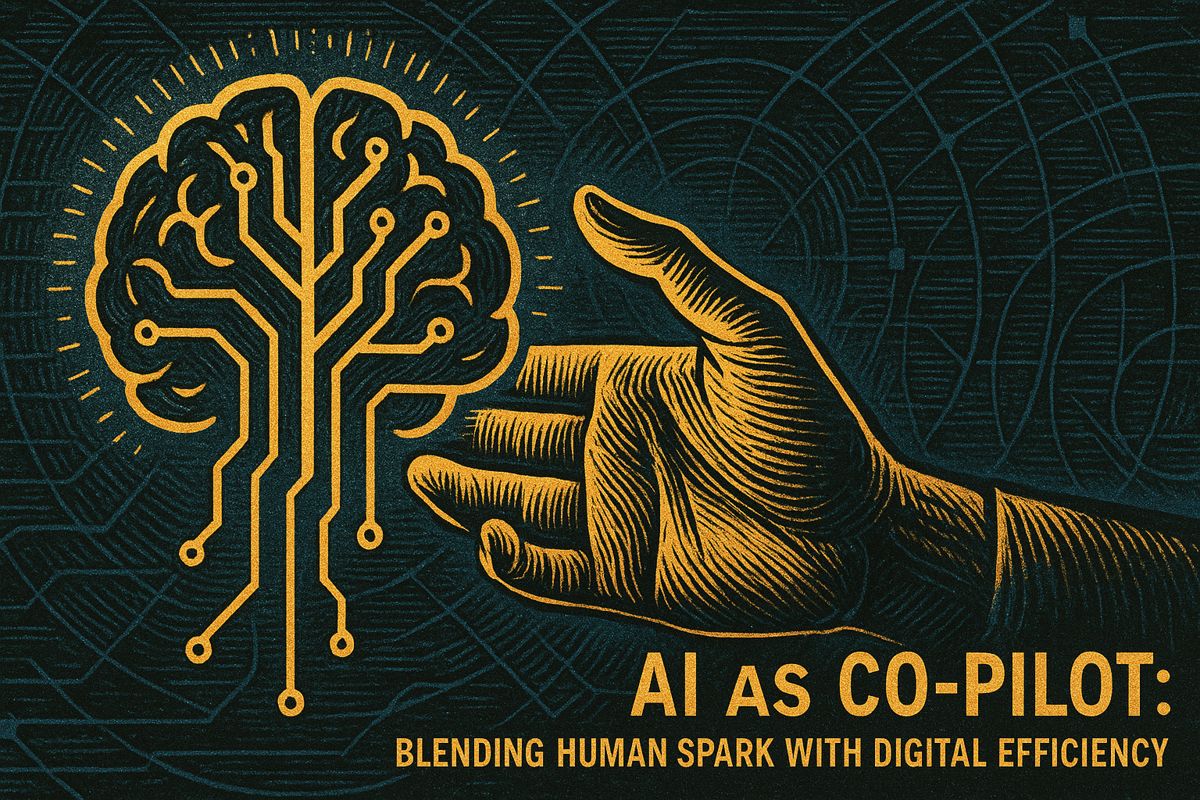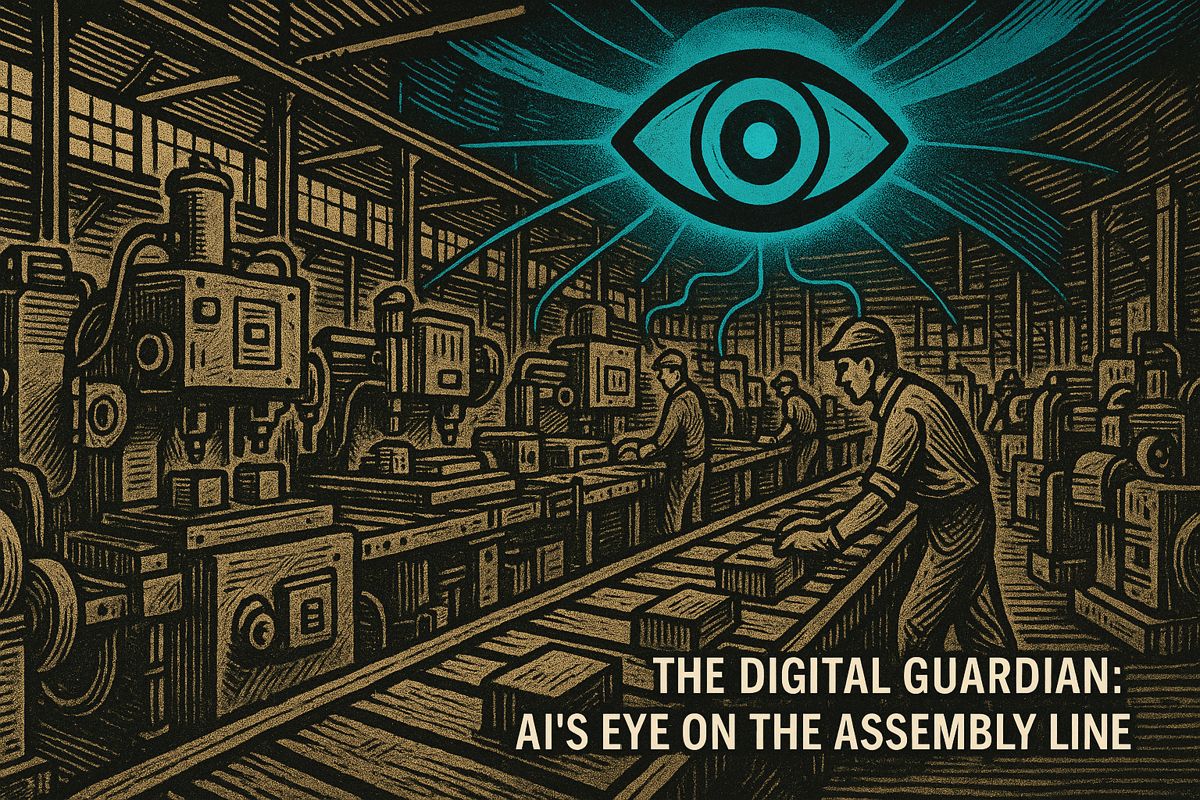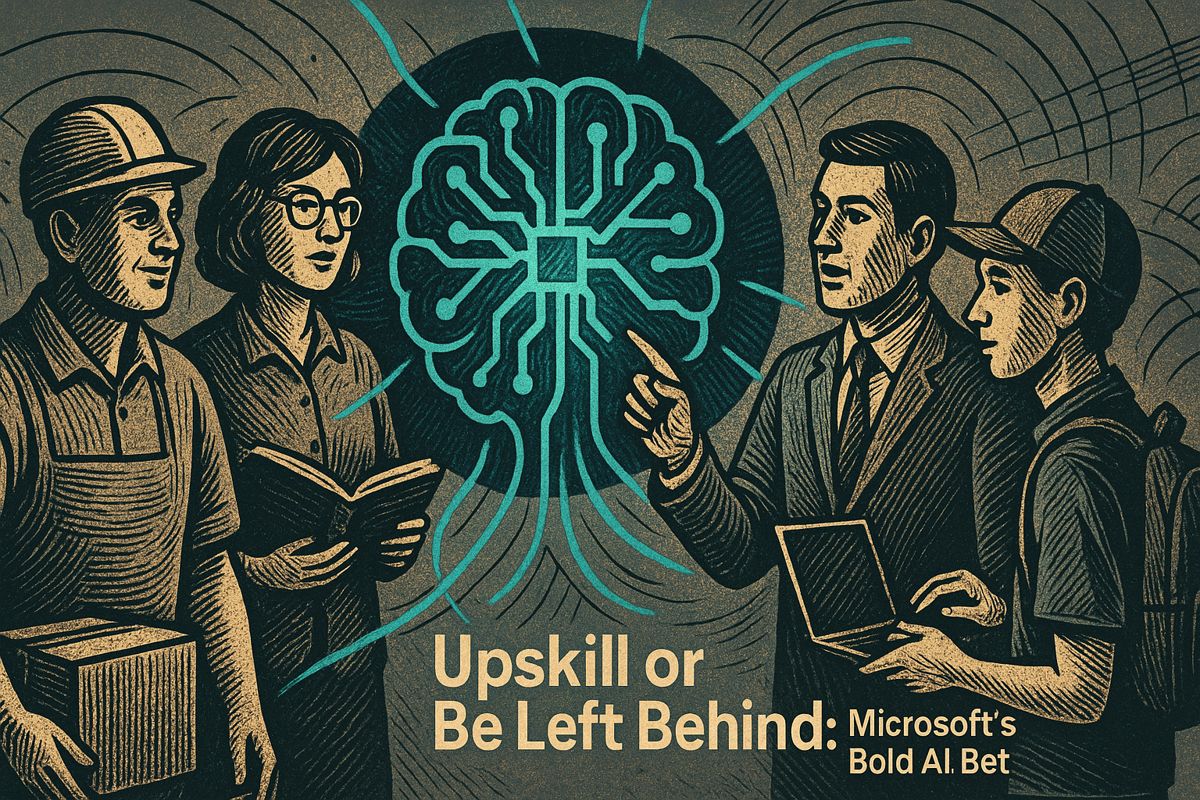Many companies feel frustrated because their AI tools give generic answers, even with all their valuable internal knowledge. The solution lies in bridging this gap by letting AI access and use a company’s unique information. Tools like Pinecone, a special kind of database, help AI quickly learn and use a company’s secret recipes. This makes AI super smart and helpful, giving businesses a big advantage over others.
How can companies bridge the gap between generic AI and proprietary business knowledge?
Companies can bridge the gap by integrating AI with their internal data using vector databases. Solutions like Pinecone enable AI to access and process specific, proprietary company knowledge quickly, transforming generic AI into an in-house expert. This allows AI to provide nuanced, context-aware answers, enhancing competitive advantage.
Isn’t it odd how the best ideas often emerge from sheer exasperation? I recall reading an interview with Edo Liberty, founder of Pinecone, and immediately, I was catapulted back to a project that still haunts me. Our AI chatbot, for all its digital bravado, knew everything—except what actually mattered to us. It delivered answers so generic and bland, they might as well have been auto-generated trivia responses. The memory stings. There was this persistent, metallic taste of anxiety every time a customer left confused, and let me confess: I once spent eight hours debugging what turned out to be a missing internal reference. Oops.
Liberty’s story echoed my own. After years at tech behemoths like Amazon and Yahoo, he repeatedly witnessed the same problem: companies had knowledge vaults, yet AI tools treated them like forbidden temples. The issue wasn’t creating better neural networks or fancier transformers. It was simple, really—connect the dots between what the machines could do and what your business actually knows. A rhetorical question for you: what good is a genius team member if they never read your memos? I still cringe when I think about systems that sailed past critical details hidden in our internal docs.
Bridging the AI Knowledge Gap
Let me paint a more precise picture. Liberty argues that the real AI challenge isn’t brute intelligence—it’s about weaving it together with proprietary company knowledge. Specificity is king, and generic AI is surprisingly toothless. Pinecone, a vector database solution, was birthed in 2019 out of necessity. There simply wasn’t a plug-and-play vector solution for normal companies. (At least, not unless your name was Google or Meta.)
These vector databases change everything. Imagine your AI being able to instantly fetch product specs from 2017 or locate that obscure sales contract buried deep in SharePoint. Pinecone, by allowing internal company data to be indexed and retrieved at lightning speed, essentially acts as a librarian with a photographic memory and a nose for hidden Post-it notes. The effect is palpable: enterprise AI projects, which previously stalled when they couldn’t tap into proprietary data, suddenly spring to life. (I almost wish I’d had Pinecone during my own chatbot misadventure, but hindsight is always a tad smug, isn’t it?)
The stakes are clear. When you wire up your private data flows—think REST APIs, SAML authentication, or even simple cron jobs—suddenly, your AI stops being a bland automaton. It becomes an in-house expert, able to answer nuanced policy questions or offer client recommendations with the flair of a seasoned consultant. That’s competitive advantage, plain and simple. I have to admit, I sometimes marvel at how quickly the market pounced: Pinecone recently raised $100 million, hitting a $750 million valuation. Investors can smell the opportunity.
Building Moats with Meaningful Data
One thing Liberty learned early—only giants like Amazon or Google could build these systems from scratch. Everyone else? Left shivering outside, or delivering solutions that never quite lived up to the sales pitch. Pinecone’s arrival sent a jolt through the ecosystem. Within months, enterprise teams were scrambling to get their hands on a tool that finally let AI tap into the secret sauce. I can’t help but chuckle, thinking about the panicked emails IT teams must’ve sent as news of Pinecone’s funding hit TechCrunch.
This isn’t just technical progress; it’s the aroma of possibility. With vector databases humming in the background, companies are building digital moats deeper than the Mariana Trench. Your rivals might have the same large language models, but without your workflows, your battle-tested data, your institutional insights, they’re left paddling in the shallow end. Still, there’s a catch. You need the right pipes, the right security protocols, and a culture that knows how to turn data into action. No shortcuts, no panaceas. And there will be moments when you second-guess everything—I’ve certainly done it, usually around 2 a.m. on a deployment night.
In the end, if your AI is still serving up answers that sound like a high school book report, ask yourself: did you feed it your company’s secret recipe, or just another bland helping of internet soup? My advice? Try the pad Thai next time. It’s got a little more bite.



















